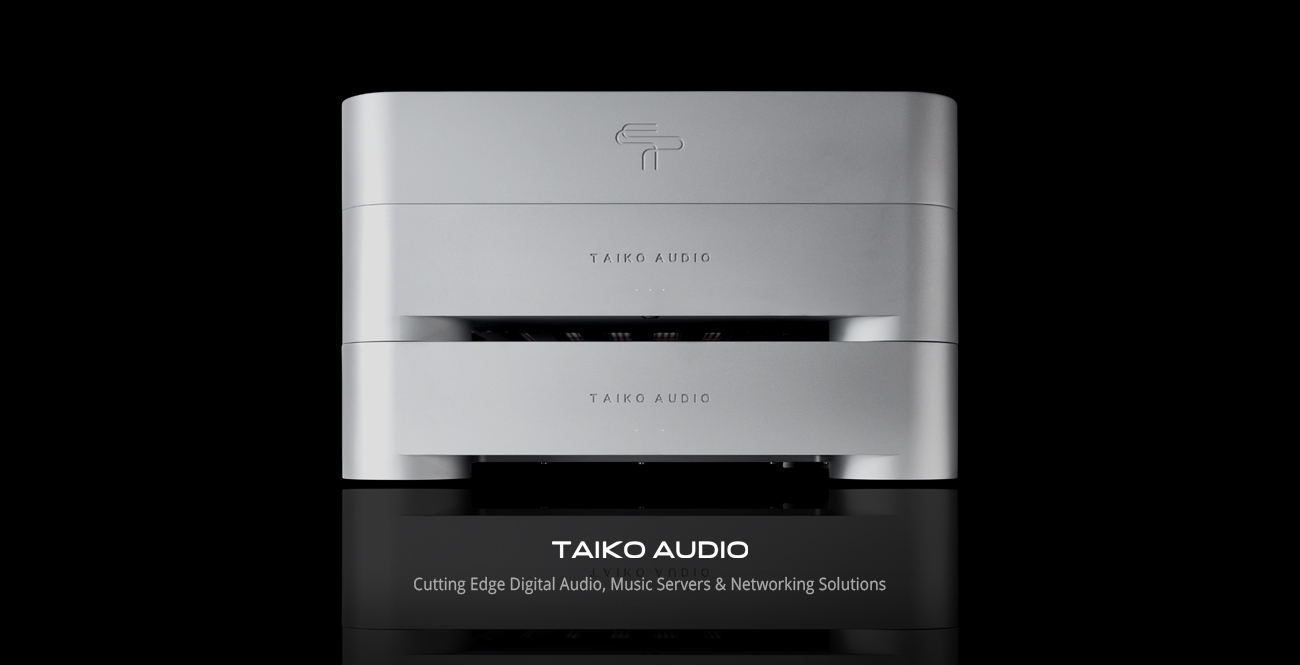Here’s the problem for Roon. Servers like Extreme, Statement, Pink Faun et al. have, over the past couple of years established entirely new levels for streamed music SQ. Unless Roon have a really well equipped listening room equipped with Extreme or another top server, they do not have the ability to test their product’s ultimate sound quality. The alternative would be ‘audiophile’ beta testing, which they also don’t do.
As it clearly takes a certain level of server to extract the most SQ and reveal any deficiencies in that area, unless Roon are completely committed to extracting the absolute ultimate SQ from their SW, the result is always going to be SW whose SQ is untried and untested at the highest level. As you add yet more overhead to SW, it puts digital playback systems under greater stress, increasing memory demands, CPU burden, latency etc so is BOUND to sound worse if not optimised. Given the fact that servers are so dependent on the interaction of hardware, software, firmware and network, server manufacturers are in the best position to create and optimise playback software, assuming of course that they have the skilled resources. Why server manufacturers? SW has a MAJOR affect on the SQ of their products and they are the only ones in a position to tune and optimise the entire system.
Once Taiko has a solid, stable version of TAS that’s well accepted by their users, another obvious area for them to look at is the operating system, as this also has a major influence on SQ and is currently not under Taiko’s control. With TAS and OS, Taiko has all the elements to ensure long term SQ improvements. It will then be interesting to see how future generations of HW choices change once SW and OS features are fully under their control.
As it clearly takes a certain level of server to extract the most SQ and reveal any deficiencies in that area, unless Roon are completely committed to extracting the absolute ultimate SQ from their SW, the result is always going to be SW whose SQ is untried and untested at the highest level. As you add yet more overhead to SW, it puts digital playback systems under greater stress, increasing memory demands, CPU burden, latency etc so is BOUND to sound worse if not optimised. Given the fact that servers are so dependent on the interaction of hardware, software, firmware and network, server manufacturers are in the best position to create and optimise playback software, assuming of course that they have the skilled resources. Why server manufacturers? SW has a MAJOR affect on the SQ of their products and they are the only ones in a position to tune and optimise the entire system.
Once Taiko has a solid, stable version of TAS that’s well accepted by their users, another obvious area for them to look at is the operating system, as this also has a major influence on SQ and is currently not under Taiko’s control. With TAS and OS, Taiko has all the elements to ensure long term SQ improvements. It will then be interesting to see how future generations of HW choices change once SW and OS features are fully under their control.


